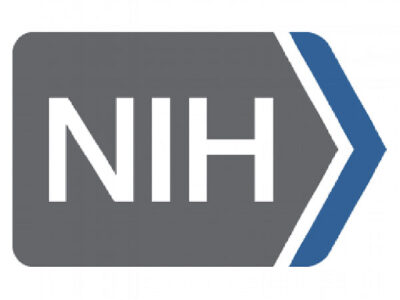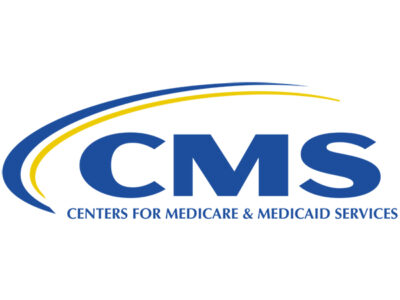Jennifer Dorazio was named assistant director for administration at WVU Cancer Institute
Cofactor Genomics said it has made an agreement with NCI, along with agreements regarding research groups at three other academic and pharma institutions, to demonstrate the clinical utility of the company's immune-profiling assay, Cofactor Paragon.
AbbVie and the International Myeloma Foundation entered into a collaboration to conduct a retrospective chart review study to understand and manage multiple myeloma.
Vanderbilt University and the pharmaceutical company Boehringer Ingelheim expanded their existing collaboration to develop anti-cancer compounds.
Congress March 22 passed a budget that gives a stunning $3 billion increase to NIH and a $275 million boost to NCI.
Centers for Medicare and Medicaid Services March 16 published the final National Coverage Determination that will pay for next generation sequencing in a broad range of cancers.
Patients and their doctors should be able to make treatment decisions without involvement from the federal government, said Starlee Coleman, senior policy advisor for the Goldwater Institute, a libertarian think tank that lobbied successfully for widespread adoption of right-to-try laws.
The right-to-try bills passed by Congress would remove FDA's expanded access mandate and leave patients at greater risk, said Arthur Caplan, the Drs. William F. and Virginia Connolly Mitty Professor and founding director of the Division of Medical Ethics at the New York University School of Medicine.
Few Washington insiders doubt that a bill that allows terminally ill patients to circumvent FDA as they pursue Hail Mary pass therapies will become the law of the land.
FDA has granted Breakthrough Therapy Designation for erdafitinib in the treatment of urothelial cancer.










